
Kate Ambler
Senior Research Fellow, Markets,
Trade, and Institutions

Back
With research staff from more than 60 countries, and offices across the globe, IFPRI provides research-based policy solutions to sustainably reduce poverty and end hunger and malnutrition in developing countries.

researcher spotlight
Elodie Becquey is a Senior Research Fellow in the Nutrition, Diets, and Health Unit, based in IFPRI’s West and Central Africa office in Senegal. She has over 15 years of research experience in diet, nutrition, and food security in Africa, including countries such as Burkina Faso, Chad, Ethiopia, Ghana, Kenya, Mali, and Tanzania.

Back
Since 1975, IFPRI’s research has been informing policies and development programs to improve food security, nutrition, and livelihoods around the world.

Back
IFPRI currently has more than 600 employees working in over 80 countries with a wide range of local, national, and international partners.
Voluntary internal and international migration can create significant economic benefits for migrants as well as their origin and destination communities. Remittances—the money sent by migrants to their home countries—are important sources of income that drive economic growth in migrants’ sending countries. Voluntary migration can improve food security both for migrants and the households they leave behind. Those who remain behind, including women, can benefit from new economic and decision-making opportunities, but they may also face growing work burdens and inadequate access to resources; attention to empowering such individuals is critical.
Forced migration, however, may exacerbate food insecurity of displaced populations or host communities by disrupting access to resources, arable land, and employment opportunities. Migrants forced to flee conflict, violence, and natural or human-made disasters face increased vulnerability to hunger and malnutrition—with women facing especially acute vulnerabilities. Inadequate infrastructure and limited access to humanitarian aid further compound these challenges.
IFPRI conducts evidence-based research to delve deeper into the factors leading to forced and voluntary migration and migrant remittances, and on the effects of migration on migrants, source households, and host communities, including effects on food security and household well-being. This includes analysis of gender-disaggregated data on the drivers and impacts of migration, including impacts on access to resources and livelihood choices. Innovative tools are also being developed for better monitoring of migration patterns and identification of areas more prone to involuntary migration. IFPRI’s research on this topic is closely aligned with the Sustainable Development Goals (SDGs), including SDG1, SDG2, SDG8, SDG10, SDG11, and SDG16, and the CGIAR Impact Areas on Poverty Reduction, Livelihoods & Jobs and Gender Equality, Youth & Social Inclusion.
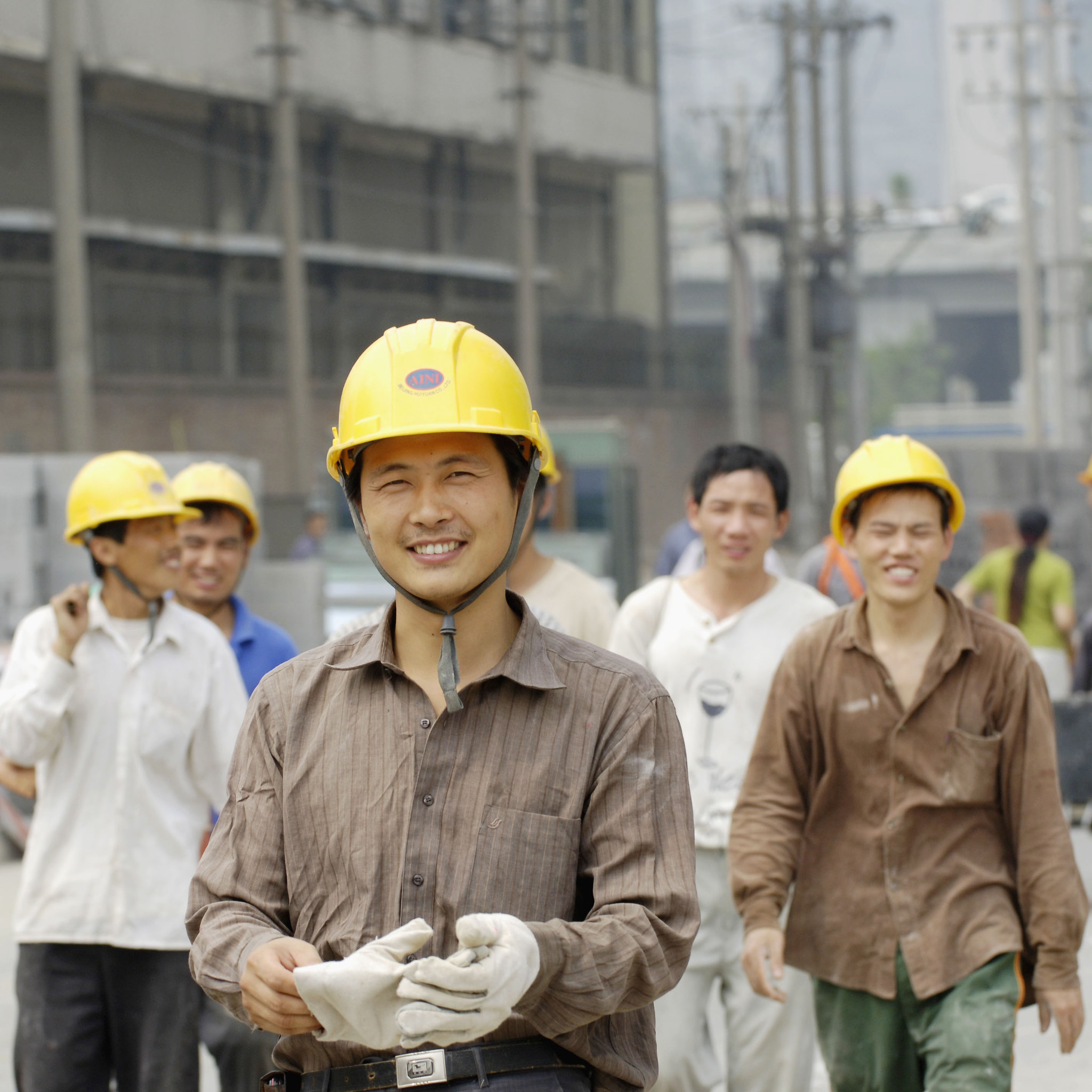

Dataset

Journal Article
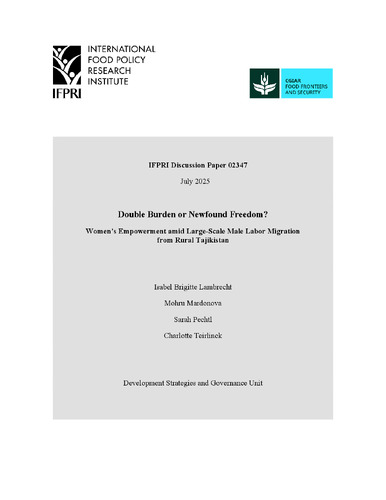
Working Paper
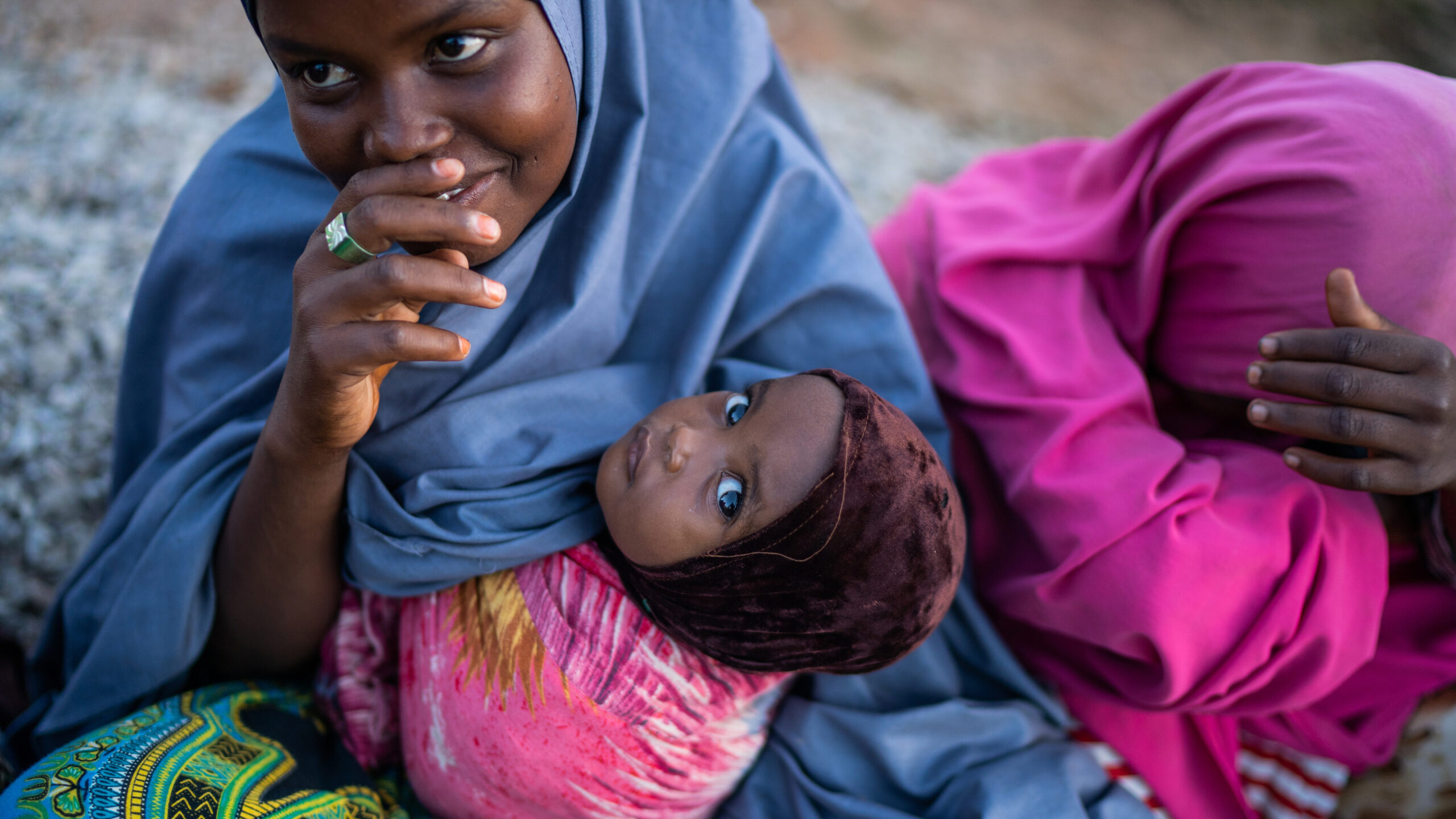
An urgent need for better data and stronger partnerships.
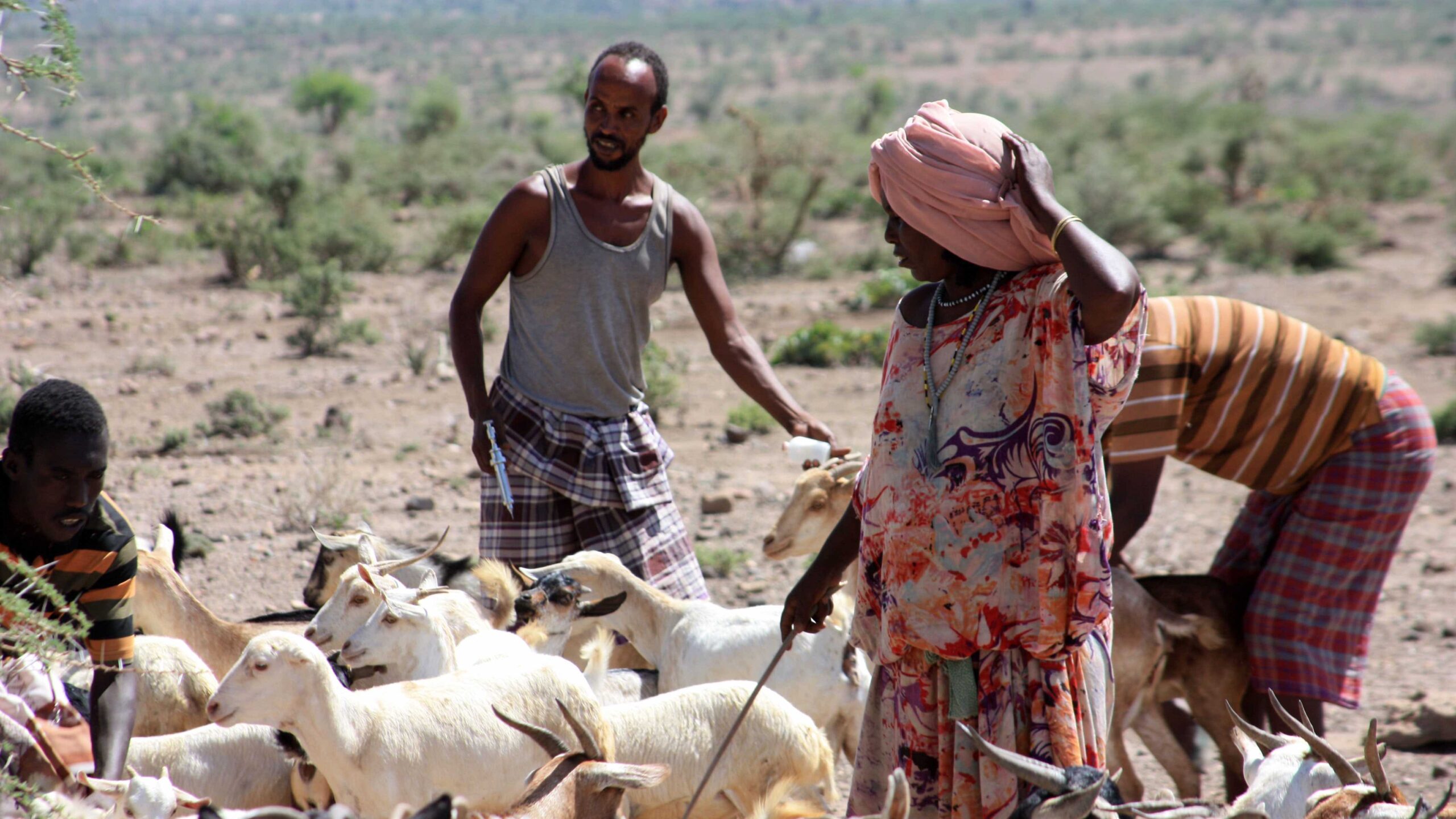
Approaches to build resilience amid global aid cuts.
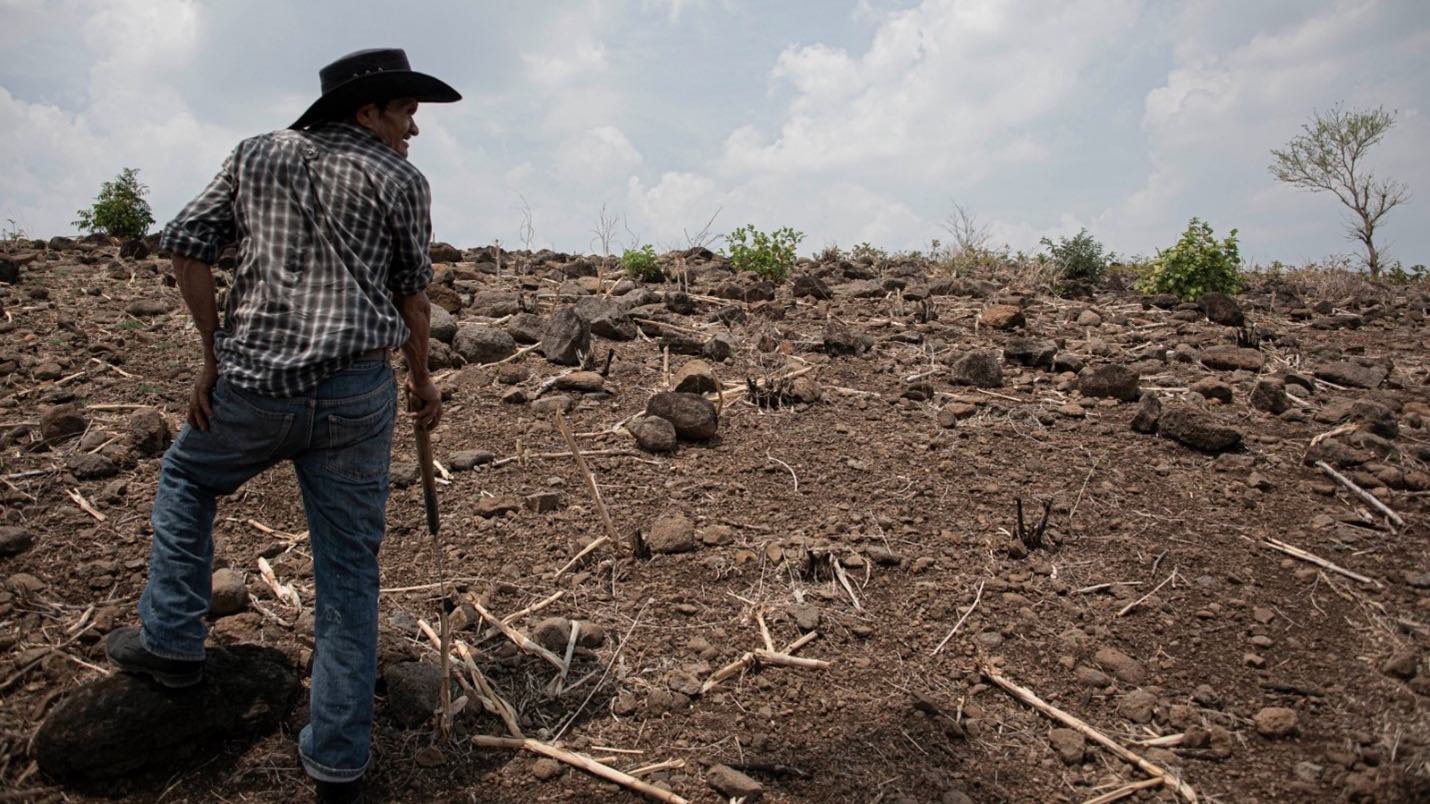
Investing in incentives to stay put.
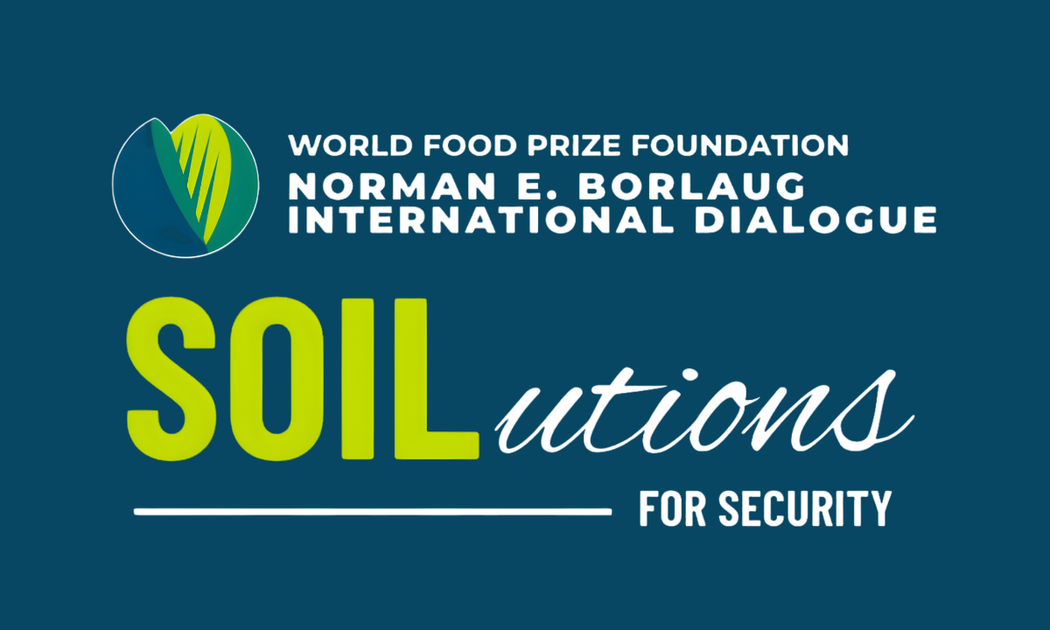
IFPRI is participating in the 2025 Norman E. Borlaug International Dialogue. This year’s theme, “SOILutions for Security,” underscores the foundational role that agriculture plays in sustaining global stability. The Dialogue will explore how diverse industries and sectors can unite to address the challenges of economic disruption, conflict, and environmental stress from the ground up. The […]

Migration today reflects a complex interplay of demographic pressures, conflict, poverty, climate change, and economic shocks. Worldwide, one in every seven people is a migrant—that is, someone who changes his or her country of usual residence, irrespective of the reason for migration—or a refugee forced to leave his or her home, often without warning, for […]
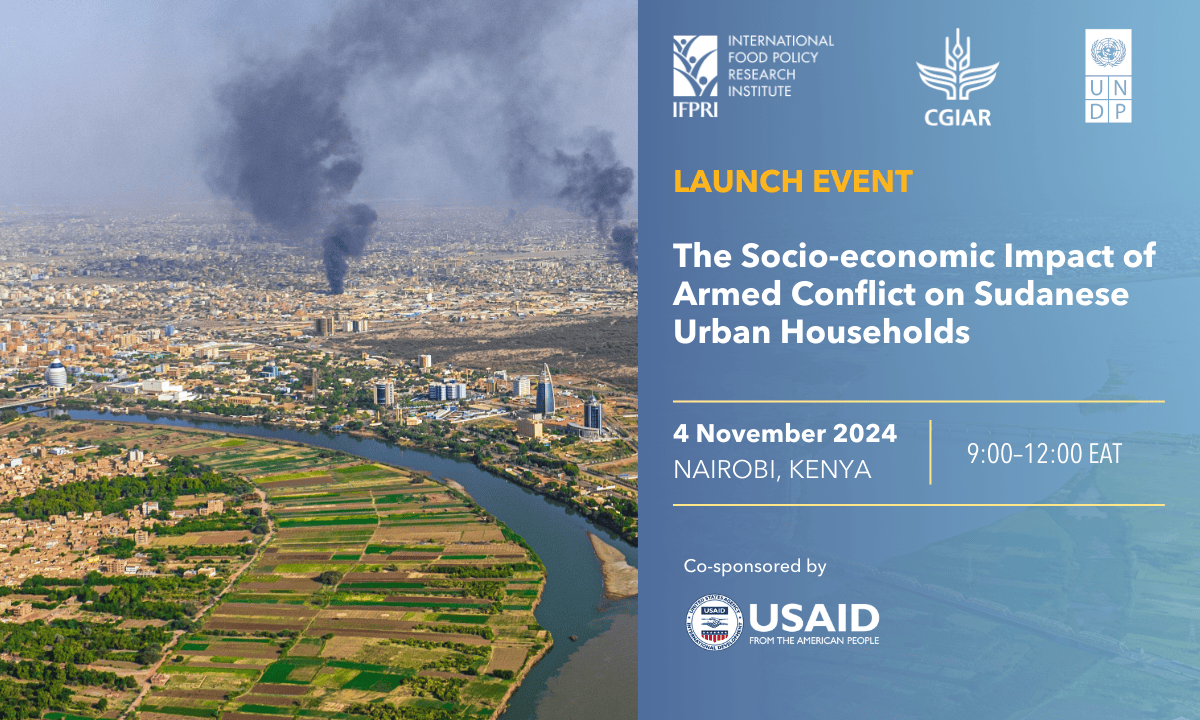
The ongoing conflict in Sudan has been concentrated in cities, with major impacts on urban households. Large numbers of families are displaced, employment is down dramatically, and most children are unable to go to school. A comprehensive survey conducted earlier this year by IFPRI’ Sudan Strategy Support Program and the United Nations Development Programme provides […]
“Almost half of the world’s agricultural workers are women and women farmers produce up to 80% of the food grown in LMICs. Despite their large contribution to agricultural labor, fewer than 20% of landowners globally are women,” writes The Lancet Planetary Health in an editorial featuring a new article co-authored by IFPRI’s Lilia Bliznashka, Aulo Gelli, and […]
Washington, D.C. The 2023 Global Food Policy Report, released by the International Food Policy Research Institute (IFPRI) today, offers critical evidence that can help policymakers, the private sector, and the international development community heed calls for a more proactive response to food system shocks. In 2022, the world faced multiple crises that added to the […]
The Nation (Malawi) writes in a story, “The International Food Policy Research Institute (IFPRI) says rural households will increasingly need to turn to other jobs other than in the agriculture sector to escape poverty which is hovering at 57 percent. In its analysis of employment options and challenges for rural households in Malawi, the institute […]

Senior Research Fellow, Markets,
Trade, and Institutions

Research Analyst, Development
Strategies and Governance

Senior Research Fellow, Poverty,
Gender, and Inclusion

Research Analyst, Development
Strategies and Governance

Senior Research Fellow, Development
Strategies and Governance

Nonresident Fellow, Development
Strategies and Governance